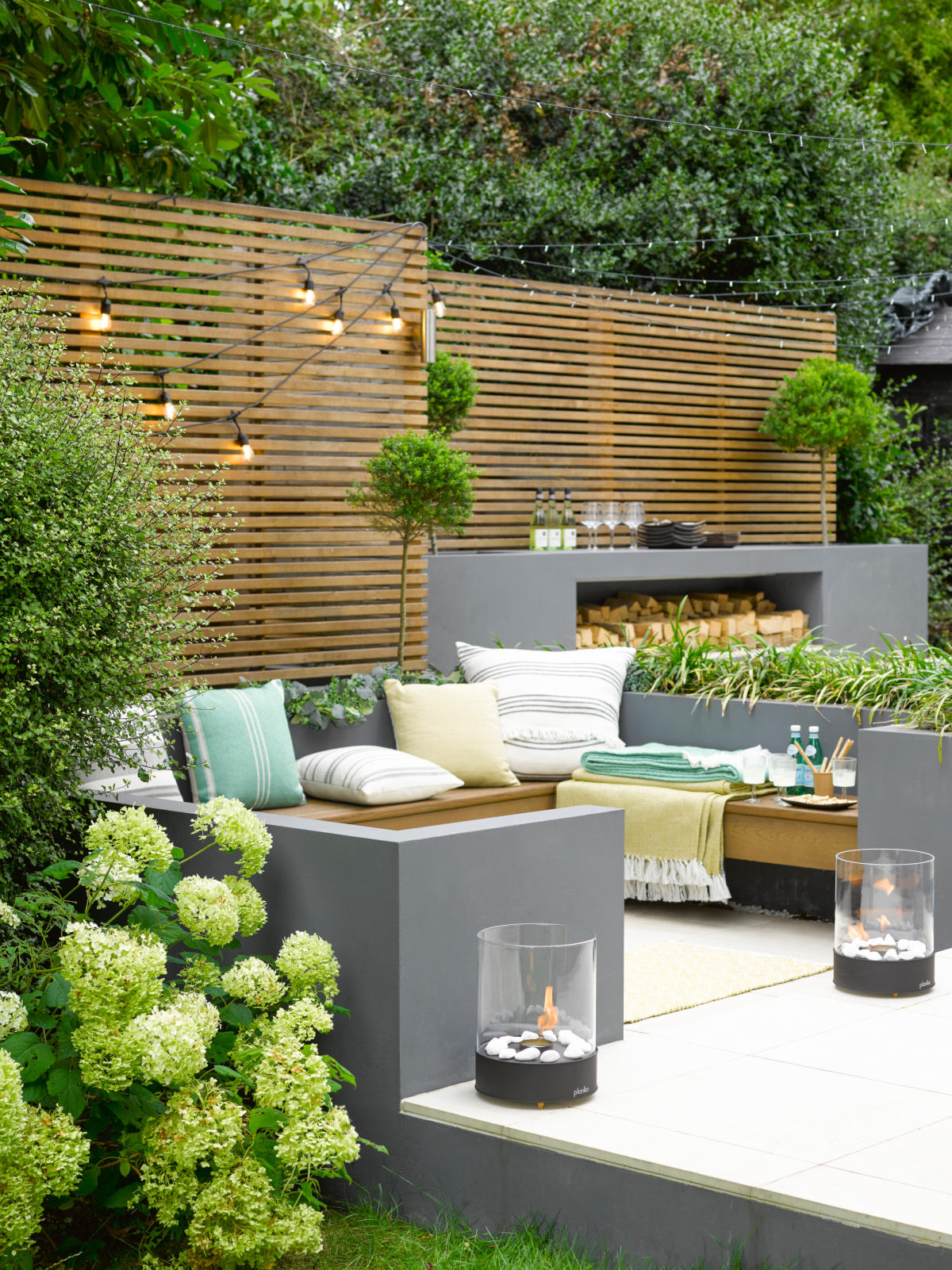Gardens are personal sanctuaries where nature meets creativity, and there’s a growing trend that marries the two seamlessly—using concrete block forms in garden design. Amidst blooms and greenery, these forms provide more than just structure; they’re the canvas for imaginative landscaping. Whether it’s the backbone of a sturdy retaining wall adorned with flowering vines or a series of elegant geometric planters, the potential of concrete to transform garden aesthetics can’t be understated.
The beauty of these blocks lies in their versatility. They can be crafted to fit any space and serve many purposes, from practical solutions like preventing soil erosion to creating inviting seating areas. And when it comes to sustainability, concrete’s durability means these garden features can withstand the elements, reducing the need for replacements and minimizing waste. Integrating intelligently designed concrete elements into your garden can help achieve a balance between functionality and environmental responsibility— all while elevating the overall look of the space.
Innovative gardeners are continuously finding new ways to incorporate concrete block forms into the landscape, sometimes using them to create tranquil zen gardens adorned with smooth pebbles and bonsai trees, or as bold statements in avant-garde garden designs where they can be painted in vibrant colours or used as a part of interactive installations. It’s a testament to concrete’s ability to adapt to any style, from the rustic charm of a cottage garden to the sleek lines of a modern architectural masterpiece.

The DIY landscaping revolution: building beauty with your own hands
Homeowners are increasingly taking their outdoor spaces into their own hands, and the DIY movement has given rise to a new way of landscaping using modular large concrete lego blocks. Whether it’s building a customized fire pit for summer barbecues or constructing your very own water feature, concrete block forms offer a friendly pathway for those looking to personalize their surroundings without calling in the experts.
For enthusiasts ready to dive into their next outdoor project, selecting the right concrete form is crucial. Factors like size, shape, and interlocking capabilities can affect the complexity of the task and the longevity of the build. But fear not, with a plethora of guides and resources available, even the most amateur landscaper can achieve professional results. And once your creation is complete, maintenance tips such as proper sealing techniques or the occasional creative refresh ensure your concrete masterpiece stands the test of time and style.

Concrete in home decor: the industrial chic revolution
Concrete no longer belongs solely to the domain of exterior structures; it has found a burgeoning place within the home, contributing to a sleek, industrial chic that reverberates through modern interior design. Incorporating concrete into home decor, from statement walls to handcrafted tabletops, can infuse an edge of minimalist sophistication into any space.
For those seeking to experiment with this trend, creating custom concrete block forms can deliver one-of-a-kind furniture and accent pieces that reflect personal taste and elevate the overall aesthetic. When paired with contrasting natural materials like wood or soft textiles, concrete provides a striking balance that can warm up its inherently cool character. As this robust material makes its way from gardens and construction sites into living rooms and kitchens, it continues to challenge and redefine our perceptions of interior décor, proving its worth as a versatile and stylish choice for contemporary homes.










